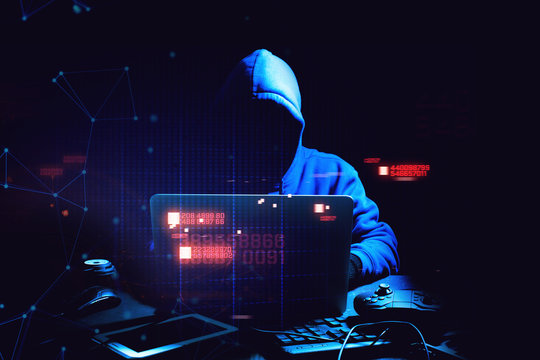In today’s digitally-driven landscape, the term “Best hacker” elicits a complex blend of curiosity, fascination, and trepidation. Hackers, often portrayed as enigmatic figures cloaked in mystery, possess the power to breach the walls of digital fortresses and access the heart of sensitive data. With a reputation that hovers between that of digital guardians and looming threats, the world of hackers is as multifaceted as it is controversial.
At its core, hacking is the art of exploring and manipulating computer systems and networks, both for benevolent and malicious purposes. Ethical hackers, known as “white hat” hackers, channel their expertise to expose vulnerabilities in systems, helping organizations bolster their defenses against cyberattacks. They serve as digital watchmen, working tirelessly to ensure that the ever-evolving landscape of technology remains secure.
Conversely, the term “hacker” often conjures darker images, as some individuals exploit their skills for nefarious gains. “Black hat” hackers engage in unauthorized penetration of systems, stealing sensitive information, initiating ransomware attacks, and wreaking havoc on digital infrastructure. Their actions underscore the pressing need for robust cybersecurity measures and international collaboration to counteract their threats.
As the digital realm expands, the role of hackers becomes even more pivotal. Governments and organizations globally are investing in ethical hacking programs, recognizing the value of preemptive strikes against potential cyber threats. The rise of hacktivism, where hackers align their skills with social or political causes, adds another layer of complexity to this intricate landscape.
The term “hacker” defies a one-size-fits-all definition, encompassing a diverse range of individuals with varying intentions and capabilities. From the skilled engineers who fortify cybersecurity walls, to the rogue agents exploiting vulnerabilities, the world of hacking navigates a tightrope between safeguarding and endangering the digital world.
In conclusion, the enigmatic realm of hackers continues to captivate and intrigue, posing questions that challenge our perception of digital security. With the power to be both digital protectors and potential adversaries, hackers walk a fine line that reflects the duality of human intentions. As technology advances and the boundaries between the virtual and the real blur, understanding and harnessing the prowess of hackers will be a defining factor in shaping our increasingly interconnected world.


